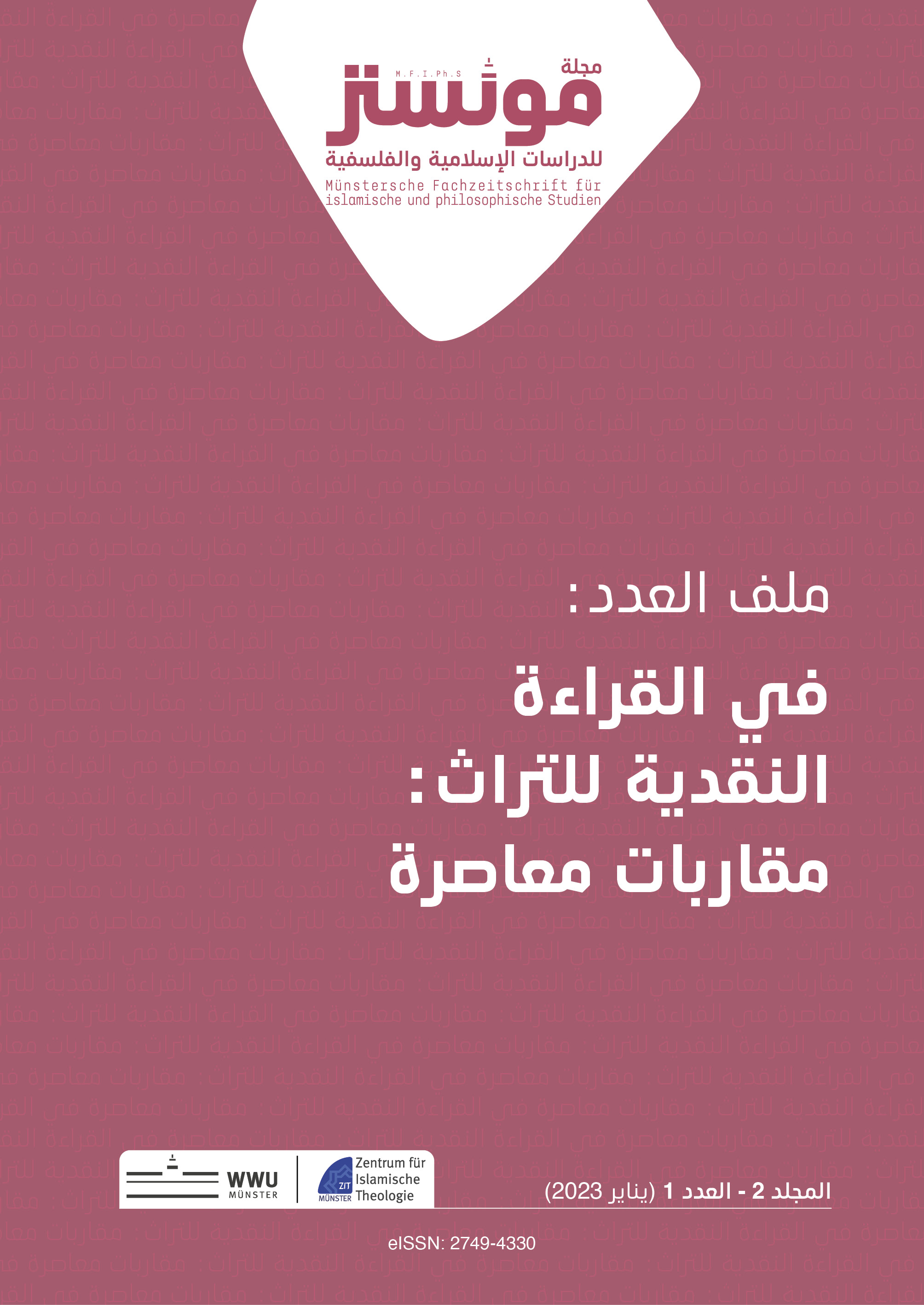The enlightenment and its limits in Islamic reform thought: A critical reading of Mohamed Haddad’s Project
DOI:
https://doi.org/10.17879/mjiphs-2023-4609Keywords:
Enlightenment, Reform, Renaissance, Mohamed Haddad, Muhammad AbduhAbstract
This paper aims to provide an intellectual contribution that sheds light on the problems of the concept of enlightenment and its narratives in Islam during the modern era, through a critical window represented in the works and approaches of the Tunisian thinker Mohamed Haddad. For more than two decades, Haddad published several studies on issues of enlightenment and religious reform in the Renaissance era, according to a critical and analytical methodology that combined historical criticism with the philological investigation of important Arab Renaissance texts and philosophical interpretation of the problem of religious reform in the Islamic experience from the angle of an epistemological approach that does not present the “Nahda” as an event above history, to move towards studying the structure of reformist thought and questioning its epistemological validity by analyzing the mechanisms of discourse production and its functioning within the reformist texts and examining its functions and limits.




